“My son Sam is 4 and still sounding like a baby! When my elder child was 4, she was already speaking in beautiful sentences! All the children at Sam’s school seem to be so much chattier than him. Will he catch up? Is this normal?”
These are common thoughts and questions that go through the minds of parents as they compare their child’s ability to talk with that of other children. So what is a ‘typical language development’? Before we delve into that, a few things should be known about language development.

1. Development is predictable
Developmental stages are attained at about the same age in most children. So, while we expect a 5-year-old to say something like “I like that because it is yummy”, it is quite unlikely for a 2-year-old to string together a sentence of such complexity.
2. Opportunities for development
It is important to provide opportunities for development. While language development typically emerges as a result of maturation, the development of language may be greatly enhanced when children are given opportunities to learn, interact and play with their caregivers. These learning opportunities will allow children to hone their emerging and newly acquired language skills.
3. Individual differences
It is normal! While 3-year-old Jimmy may be saying things like “I want the blue toy”, it would not mean a trip to the paediatrician for Bart if he says “I want toy”. Although children typically develop in a predictable fashion at approximately the same age, some individual differences due to various factors (e.g. genetics, environment) are normal. While there are trends suggesting how children learn language, every child is different and they may acquire language at different speeds.
Typical Language Development
From cries and babbles to your child’s first words. What’s next? The table below provides a summary (although not exhaustive) of what you may expect as your child progresses through his/her early childhood.
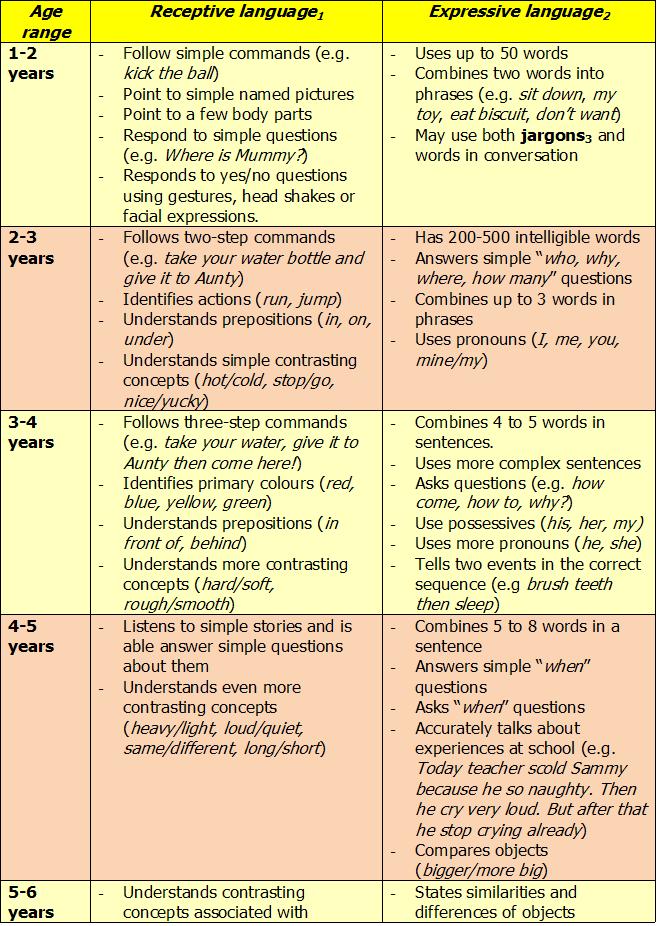
Receptive language1: Your child’s understanding of language
Expressive language2: Your child’s use of language
Jargon3: Long strings of unintelligible sounds with adult-like intonational pattern
The first 5 years of your child’s life should see astounding rates of language development – when he/she learns the rules and structures of language without extensive formal instructions. However, there are some children who have difficulties with this language learning process. These difficulties can sometimes result in frustrations for these children and the people around them. If your child seems to be experiencing any difficulties or if you have any concerns about your child’s language development, do contact your paediatrician or see a speech-language therapist. It may just be what you need to set your mind at ease, or a step towards better communication for your child.
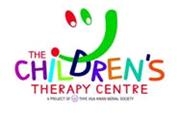 This article is brought to you by the team of speech-language therapists and occupational therapists from The Children’s Therapy Centre. They work with children of all ages with communication, motor or attention difficulties.
This article is brought to you by the team of speech-language therapists and occupational therapists from The Children’s Therapy Centre. They work with children of all ages with communication, motor or attention difficulties.
They can be contacted at:
Email: mth@thkms.org.sg
Website: www.thkmc.org.sg
* * * * *
Like what you see here? Get parenting tips and stories straight to your inbox! Join our mailing list here.
Want to be heard 👂 and seen 👀 by over 100,000 parents in Singapore? We can help! Leave your contact here and we’ll be in touch.






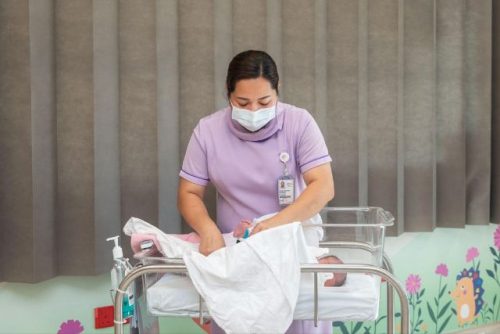




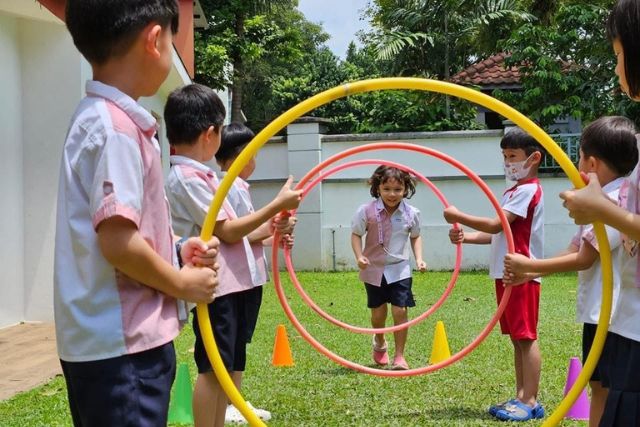

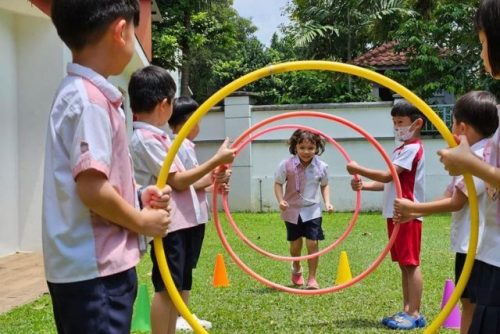



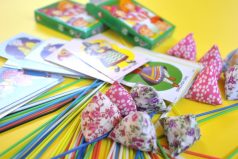






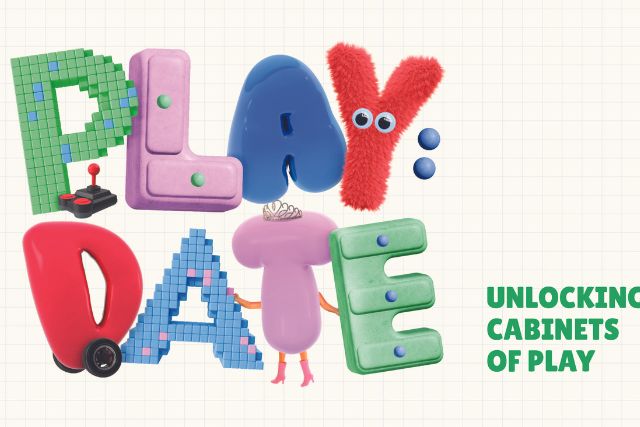
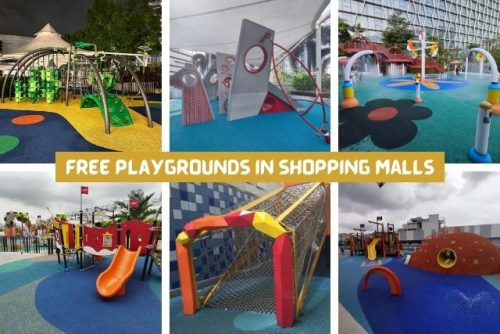

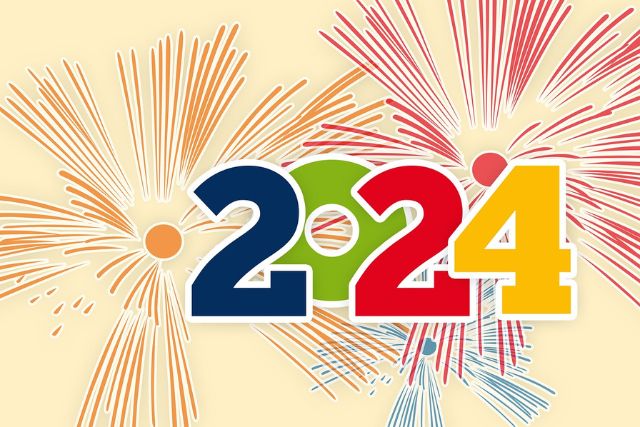
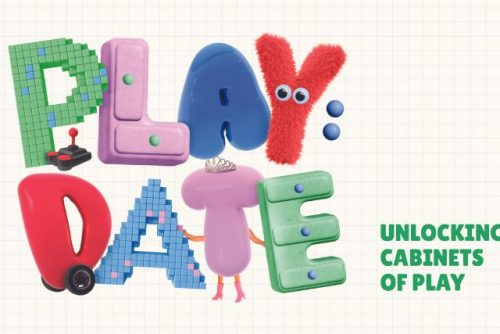






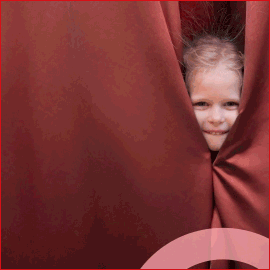




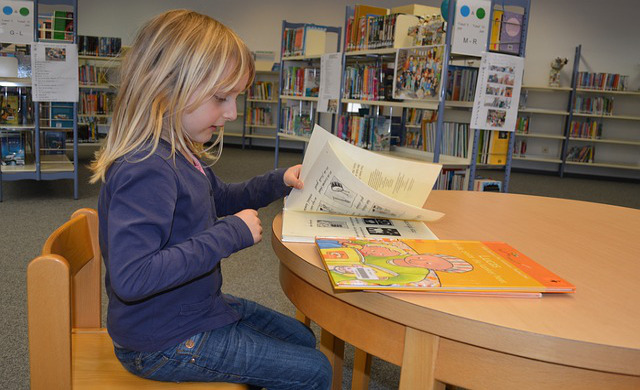

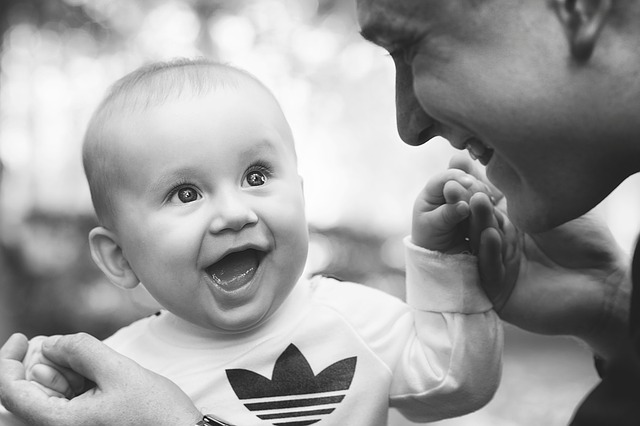
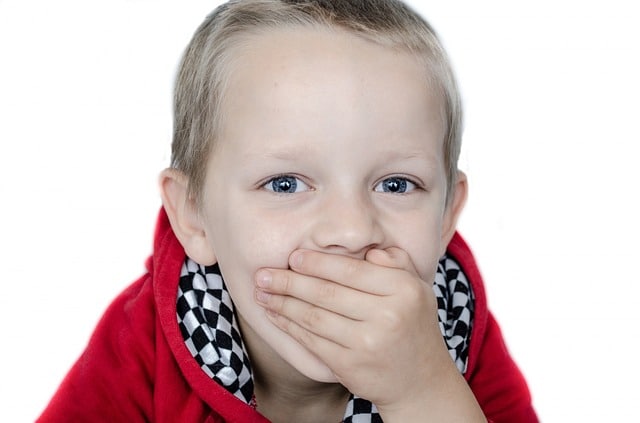


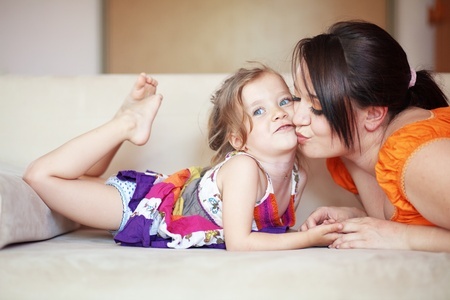

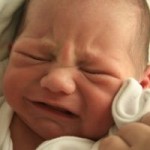
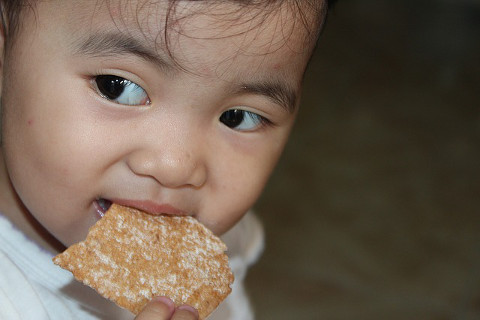










Leave a Comment: